Brazilian cities had unprecedented growth during the last decades, a phenomenon closely tied to the country’s booming economy. Large metropolitan centers such as state capitals Rio de Janeiro and São Paulo became the hubs for the most relevant companies in Brazil and the largest pockets of population, but also became affected by issues such as high crime rates, unreliable traffic flow and sudden rains that led to landslides and floods.
Over the last few years, these issues have been tackled by local governments through the use of technology, with smart city projects that placed Brazil at the forefront of urban planning in the world. ...
.
Via Rob Kitchin



 Your new post is loading...
Your new post is loading...




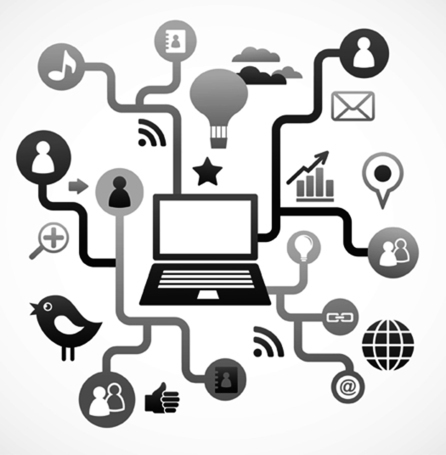
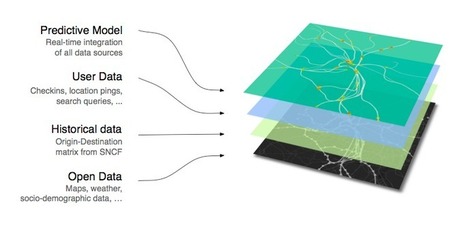

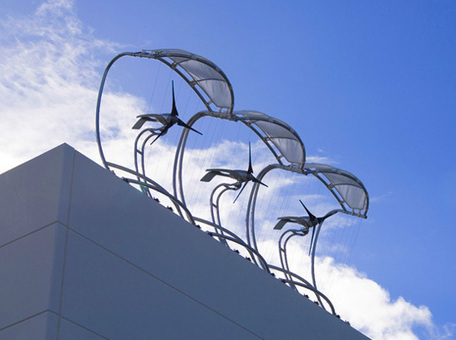

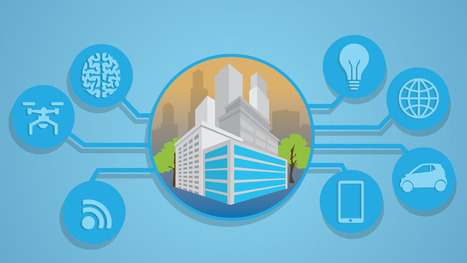

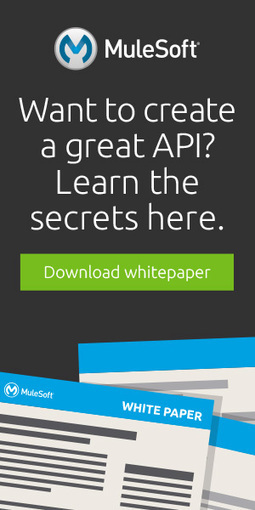
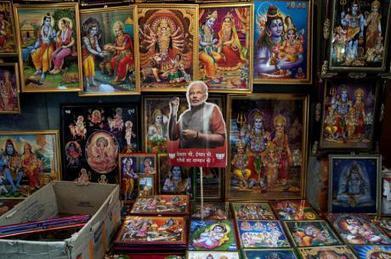

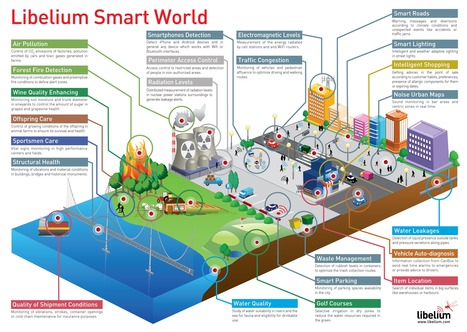






Cidades Inteligentes.